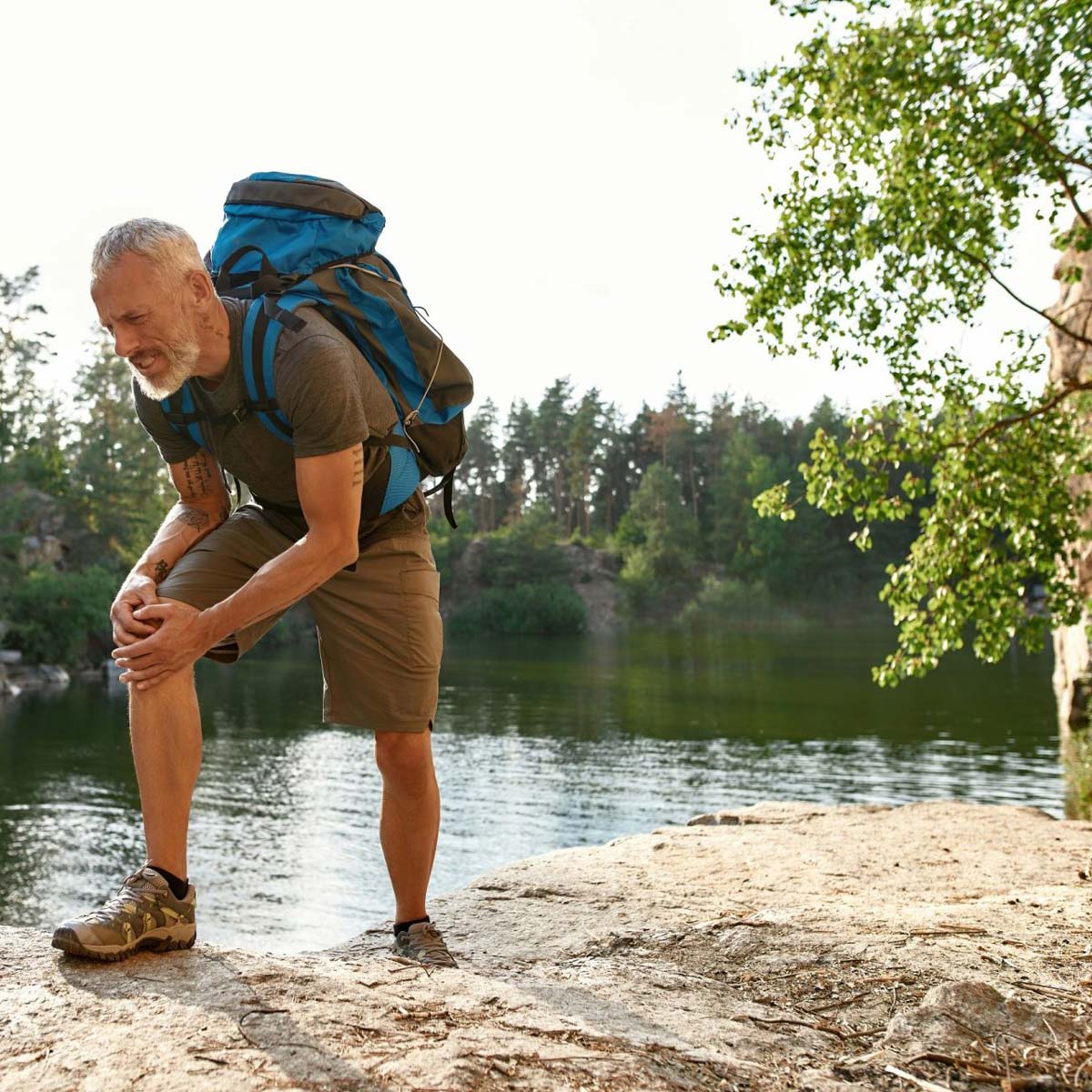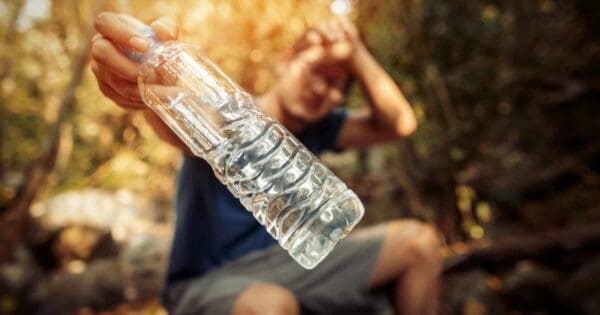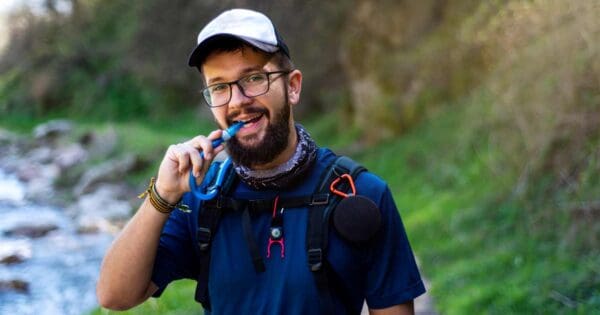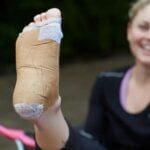What are common injuries?
The Aussie outdoors, with its unpredictable and ever-changing environment, can be both exhilarating and dangerous. Nature does not discriminate, even the most well prepared and seasoned hikers can suffer an injury on the trail. Even if you are just going for a short walk, there’s always a possibility you could break a limb, cut yourself or get bitten by insects or snakes. So you need to be prepared, carry a first aid kit and PLB or communication device. Knowing what to do if you do suffer an injury can help you avoid further danger or complications.
Injuries on the trail can come in many forms and can include:
- Heat related injuries
- Cold related injuries
- Dehydration and Overhydration
- Bee stings and insect bites
- Snake bites
- Cuts, scrapes and breaks
- Falls
- Muscle cramps
- Sprains, strains, aches and pains
- Joint injuries
- Blisters
- Chafing
- Swollen hands, limbs and joints
- Stomach ache, constipation and diarrhea
- Headaches
- Sunburn

What to do if you or a member of your group is injured
Some hiking injuries are preventable; others are easily treatable on your own. If your injury prevents you or a member of your group from continuing it’s likely you will need to consider calling for external assistance. Here’s some recommendations on what to do:
- Don’t panic! This wastes energy and leads to poor decision making
- Assess the situation so you don’t put yourself or others in danger
- Consider the environment around you and remove any hazards if it is safe to do so
- Make yourself or your patient comfortable in a warm, dry location
- If you believe you have been bitten by a snake. Get comfortable and don’t move
- If you or your patient has experienced a head injury, be extremely careful and monitor for any loss of consciousness
- Stop, stay calm and think. Make a cuppa to help you relax (there’s a teabag in your survival kit)
- Be prepared to improvise with what you have in your kit and what’s around you
- If you’re in a group stay together. There is safety in numbers and rescue teams don’t need to be searching for multiple groups
- If you can’t manage the injury to get back on your way and think you have mobile reception, call 000 and ask for police. The international standard emergency number is 112, if you dial this number in Australia you will be treated exactly the same as a 000 call. In areas of marginal coverage SMS can be more reliable than voice, but 000 does not accept SMS messages. If SMS is the only way you seem to be able to connect, then you will have to SMS a friend and get them to call 000 for you
- If you have a Spot, InReach or satellite communication device, active your emergency response.
- Make your position visible to rescue teams by placing bright items (pack cover, bright clothing etc.) in an open and clearly visible area
- If you believe your life is at risk, activate your personal locator beacon (PLB)
- It can take time for rescuers to reach you, so your priority is to find or make a shelter to keep warm and dry. Remember to remain visible
- Find a water source if it’s safe to do so and ration your food and water if necessary if you believe you may be out there for a while.
Being prepared
Whether you are a seasoned hiker or a beginner adventurer, it’s crucial to be prepared for any medical emergencies that may arise while exploring the great outdoors. Being trained in wilderness first aid has many benefits and should be something everyone considers. Your life or the life of another may depend on your ability to manage a situation until help arrives.






What’s the most effective way you’ve found to stay hydrated while hiking in the Aussie heat? Any tips to avoid those pesky insect bites too?
Trail Hiking Australia Drink lots of water before you start hiking. Carry at least, I repeat, at least 3 litres of water for a day hike. More if it’s an exposed terrain. You can do with less food, but not water. Start hiking early. Like 7 am early. Wet a cloth or handkerchief and place it on your neck. Keep water in your car and rehydrate after the hike. Keep 😎 cool.
Happy When I’m Hiking great tips. Thanks for sharing
Trail Hiking Australia i use, Trail Brew (Australian made for Australian conditions) an electrolyte powder in my water. It keeps me hydrated especially in the heat and the carbohydrate component energises me. There’s no flavour fatigue and it’s easy on the tummy.
Deb Kahn nice suggestion. I like there’s no flavour fatigue.
Deb Kahn nice suggestion. I like there’s no flavour fatigue.
I’ve just completed the wilderness first aid through tastafe. Was excellent. I was an ed nurse and always had usual first aid but this was excellent. Three day course. I learnt so much. Don’t have all the bells and whistles in the wilderness.
Karen Jane Hawkins that sounds like a lot of fun. Great to hear you enjoyed it.
Trail Hiking Australia the bystanders were funny doing role play but it was a little stressful ….